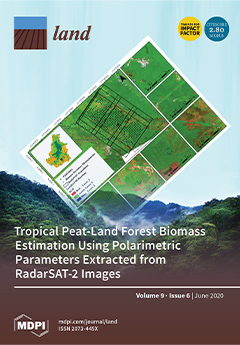Resource information
Poor households in urban informal settlements face a big challenge in accessing clean energy for cooking, heating, and lighting. We use Kenya’s Mathare informal settlement as a landscape site to better understand how cross-sector collaboration can enhance access to sustainable energy in informal settlements. We also demonstrate that academics are well-placed in facilitating multi-stakeholder engagements between community members, experts, and policy actors. This is pursued by drawing on the results of two energy research projects (CoDEC and AfriCLP). We employ a landscape governance framework to re-conceptualise the findings from the CoDEC and AfriCLP projects. Specifically, we use the ecological, socio-cultural, and political dimensions of landscape governance to discuss the relationships between energy demands and other landscape issues in the case study. In conclusion, the paper recommends landscape governance as a promising approach for integrating energy issues with other competing landscape interests, while also encouraging cross-sector collaboration.


